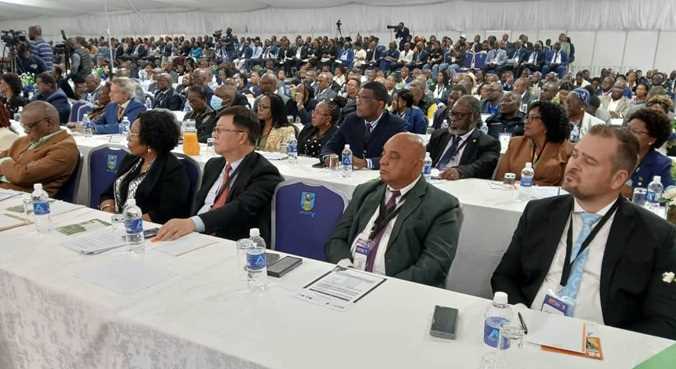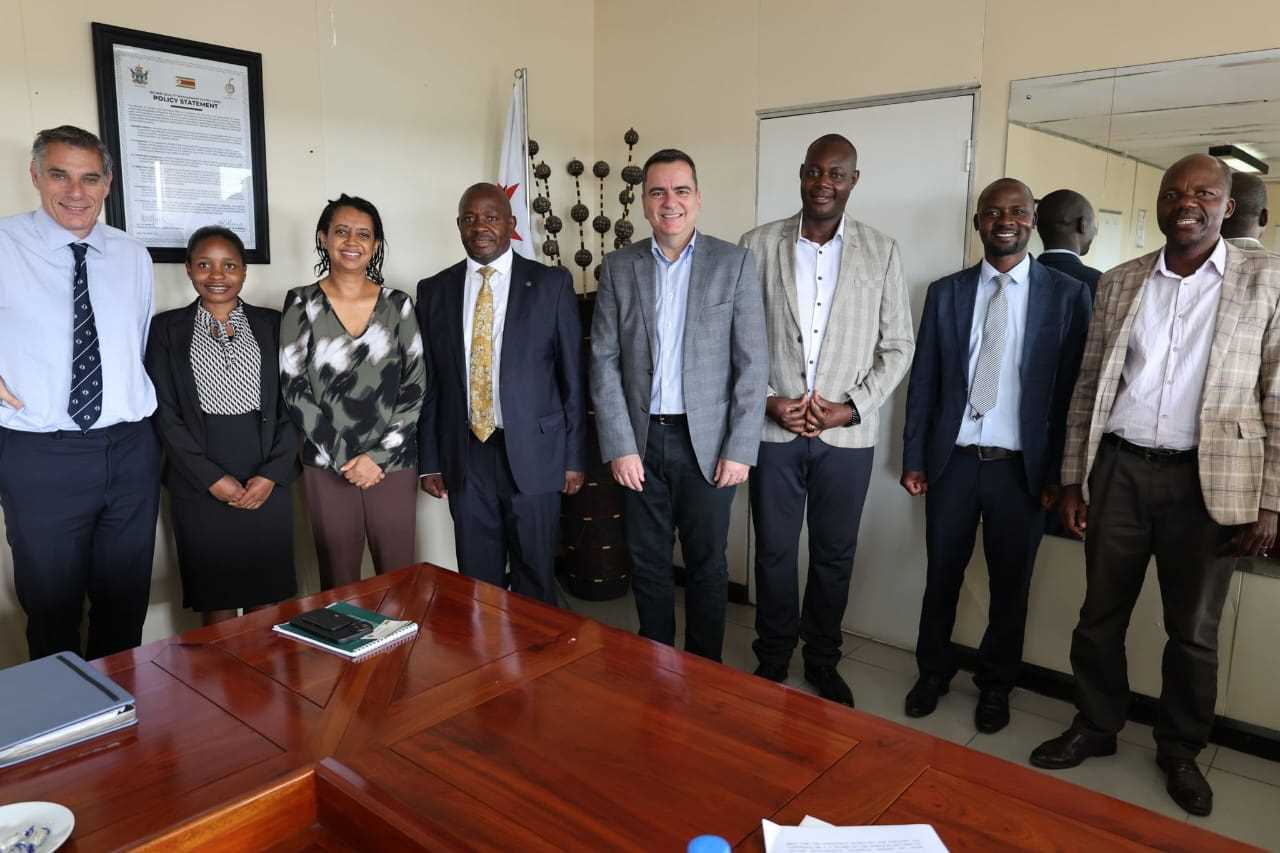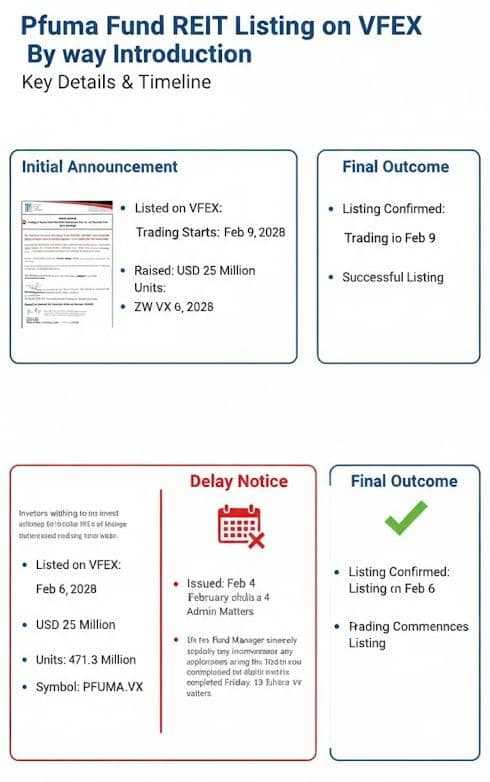
ZimNow Reporter
Industry leaders, policymakers, and international partners have said the road to Zimbabwe’s development is arduous and there are key issues to be addressed to achieve the goal of revitalizing the industrial sector, reducing dependency on imports, and fostering innovation.
Speaking during the International Business Conference at the ongoing ZITF in Bulawayo this Wednesday, Confederation of Zimbabwe Industries CEO Sekai Kuvarika pointed out the stagnant manufacturing capacity, noting that “US$300 million in packaging imports” annually reflects missed opportunities for local production.
ZITF Chairman Busisa Moyo echoed concerns over weak export performance, with manufactured goods accounting for just 5% of exports, urging greater innovation.
Dr. Gaku Funabashi of JICA emphasized the need for “tradition-based innovation” to drive Zimbabwe’s unique industrialization agenda.
In response, Industry Minister Mangaliso Ndlovu pledged policy reforms to stimulate research and industrial growth, stating, “We will create a framework that speaks to the growth of Zimbabwean industry.”
Chinese Ambassador Zhou Ding’s impassioned address underscored the transformative potential of the Zimbabwe and China partnership, framing it as a “five-star ironclad” model for mutual growth and people-centered development.
Related Stories
Ambassador Zhou Ding’s Full Address at the Intern...
Ambassador Zhou Ding positioned China as a committed partner in addressing these challenges, leveraging 45 years of diplomatic ties and President Mnangagwa’s 2024 state visit, which yielded 17 cooperation agreements.
With bilateral trade reaching $3.8 billion and Chinese investments exceeding $1.5 billion in lithium alone, the alliance is already delivering tangible results.
Zhou highlighted projects like the Dinson Steel Plant and Titan New Energy Complex, which prioritize local job creation and skills transfer.
These ventures reduce reliance on imports and empower communities—employing single mothers and placing university graduates in technical roles.
By localizing production of critical goods, such as packaging materials, Zimbabwe could reclaim millions lost to unnecessary imports.
China’s focus on technology transfer aligns with Zimbabwe’s need to innovate. Ambassador Zhou cited collaborations with Huawei on digital trucks, the NetOne Broadband Project, and AI initiatives as steps toward a tech-driven economy.
He urged alignment with China’s green energy and digital innovation agendas, noting China’s 8.9% growth in high-tech manufacturing. Such partnerships could elevate Zimbabwe’s export profile, moving beyond raw materials to value-added goods.
Echoing Dr. Funabashi’s call for culturally rooted innovation, Zhou emphasized “co-building an economic future” that respects Zimbabwe’s identity. Over 2,000 scholarships and exchange programs aim to equip Zimbabweans with skills tailored to local needs, ensuring sustainable, self-driven development.
To attract further investment, Zhou stressed the need for regulatory reforms and policy consistency and underscored China’s role as a partner, not a patron, in Zimbabwe’s journey.
Minister Ndlovu’s commitment to creating an enabling policy environment, combined with China’s open-door approach, offers a roadmap for progress. Ambassador Zhou’s vision of “multilateralism and win-win cooperation” positions the alliance as a dynamic force for industrialization, job creation, and technological advancement.


















Leave Comments